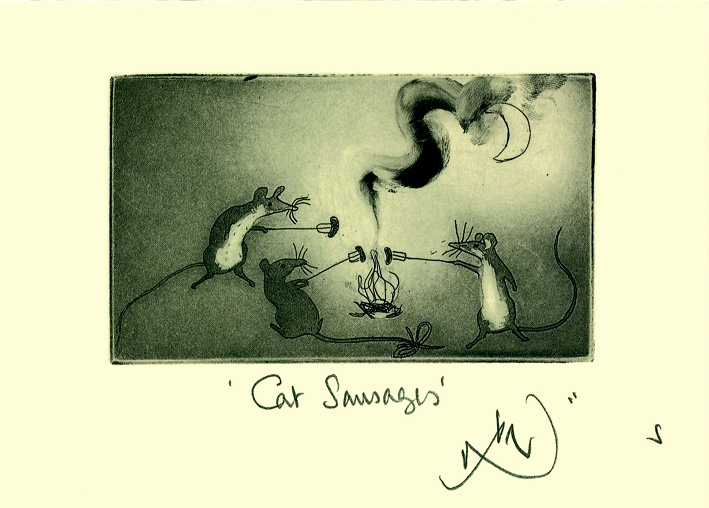
The Enlightenment was… many things. To seek to define it in one word would, perhaps, be a display of great arrogance. And of course, none of us here with the Core have anywhere near enough self-esteem to be considered arrogant. One of the definitions of Enlightenment, and perhaps the most common, is thus: the Enlightenment was a period in time during which many great intellectuals made many great advancements in philosophy. (Whatever that means.)One such intellectual went by the pen name of Voltaire, and one such advancement was the notion that reason is limited — that there is only so much one can know. This had, of course, been pointed out before, often in religious contexts, but the notion underwent a revival during the Enlightenment and was championed by Voltaire. He put it quite eloquently, as was his wont, in a letter to his then-friend Frederick the Great, King of Prussia.
Es hat nicht den Anschein, als knnte man die Urprinzipien der Dinge jemals erkennen. Die Muse, die ein paar winzige Lcher in einem riesigen Gebude bewohnen, wissen nicht, ob dieses Gebude ewigen Bestand hat, noch wer sein Baumeister ist, noch weshalb dieser Baumeister es erbaut hat. Sie mhen sich ihr Leben zu erhalten, ihre Lcher zu bevlkern und den zerstrerischen Bestien zu fliehen, die sie verfolgen. Wir sind die Muse, und der gttliche Baumeister, der dieses Universum errichtete, hat sein Geheimnis, soweit ich darum wei, noch keinem von uns verraten.It seems unlikely that the first things can ever be known. The mice living in a few holes of an immense building do not know if the building is eternal, who is the architect, or why the architect built it. They try to preserve their lives, to populate their holes, and to escape the destructive animals which pursue them. We are the mice and the divine architect who built this universe has not yet, so far as I know, told his secret to any of us.[English translation by Prof. James Schmidt, as quoted in his lecture on the Enlightenment for CC 202]
The idea, then, is that we, poor mice scrabbling about in our little mouse-holes, can never really understand the designs of the architect who built our building. Add to concept the discussion that Voltaire often skirts around — that is, whether there is an architect, whether there is, in other words, a God — and the question becomes even more confused. Can we ever know our purpose? Can we ever know how all this got started? Is there a purpose?
We dunno. Neither did Voltaire, though, so it’s cool.
Illustration above by Julian Williams
